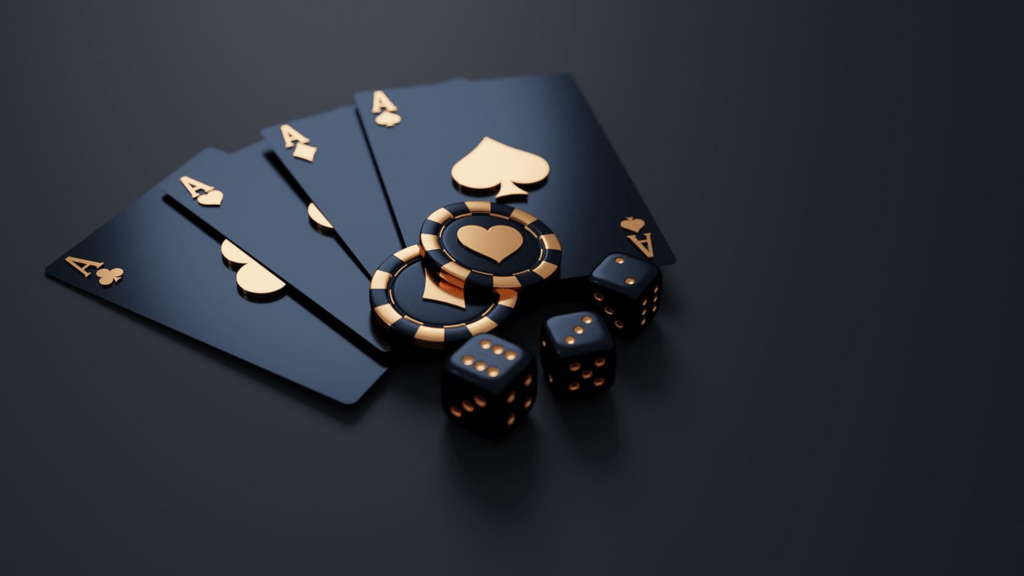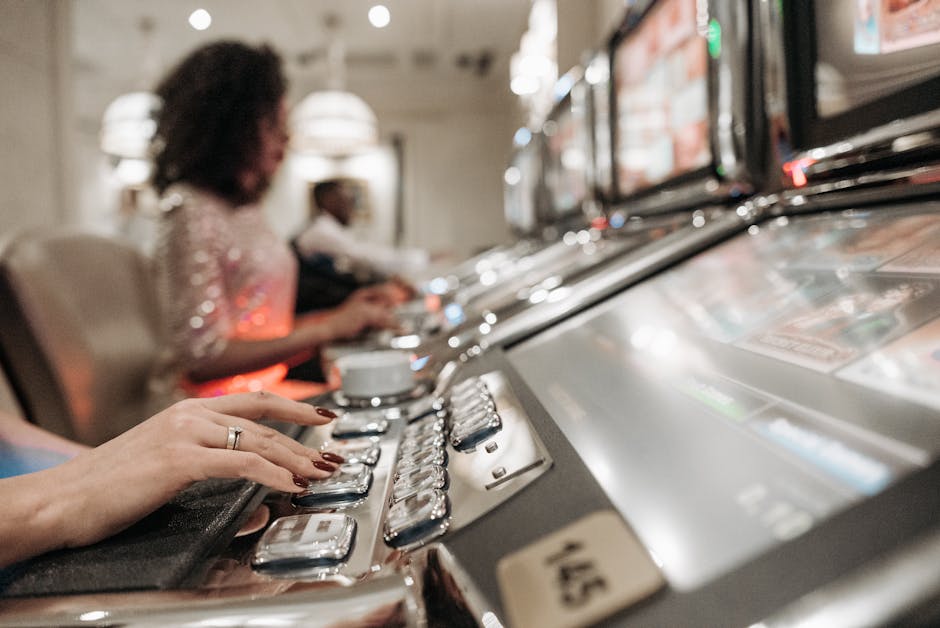Blackjack remains one of the most popular casino games around the world. Players are drawn to its mix of chance, strategy, and fast-paced action. Unlike purely luck-based games, blackjack offers an opportunity to make decisions that affect the outcome. Many enjoy the challenge of trying to beat the dealer while managing their own hand.
However, blackjack is not as beginner-friendly as slot machines or other simple games. It requires a clear understanding of rules, card values, and hand comparisons. Players must also make quick decisions based on changing situations. That’s why many new players may feel overwhelmed without proper guidance.
1. Objective of the Game
Blackjack is a card game where each player tries to get a hand closer to 21 than the dealer’s hand without going over. Each player plays individually against the dealer, not against the other players at the table. The goal is to build a stronger hand than the dealer while staying within the limit of 21. If a hand goes over 21, it is considered a bust and is removed from play.
The dealer follows rules that do not change from one game to the next. Players choose to hit, stand, double down, or split based on the cards they hold. The best move depends on the total hand value and the dealer’s visible card. While strategic thinking plays a role, luck still influences the outcome. The main goal remains clear: build a better hand than the dealer without going over the limit of 21.
2. Card Values and Hand Calculations
Each card in blackjack has a set value that determines the total of a hand. Number cards from 2 through 10 count as their printed value. All face cards—jack, queen, and king—count as ten. An ace can count as either one or eleven. Players must recognize how different cards affect their total. A hand that includes an ace counted as eleven is called a soft hand, which typically offers more flexibility.
Look at the total value of cards before choosing what to do next. A low total often means the player should take another card, while a higher total may be strong enough to keep. The dealer’s face-up card also matters. If the dealer shows a low card like a 4, 5, or 6, there is a higher chance the dealer will go over 21.
3. Dealing and Player Decisions
The dealing process in online blackjack games has slight visual differences from land-based tables, but the gameplay stays consistent. Each player and the dealer receive two cards at the start of a round. One dealer card faces up, and the other remains face-down. Players review their hand total along with the dealer’s visible card. Based on this, each player must decide how to continue.
Players also have access to other decisions. A player may double down, which means placing a second bet and drawing one more card. When the initial two cards are of the same value, players may choose to split the hand into two separate hands. Player turns proceed one at a time. This happens clockwise around the table. After every player acts, the dealer takes their turn to complete the round.
4. Dealer Rules and House Auctions
After all players finish their turns, the dealer reveals the hidden card to complete the hand. The dealer must follow a strict rule set. If the total is 16 or less, the dealer draws another card. If the total is 17 or more, the dealer must stand. These rules apply in both online and land-based blackjack. The dealer cannot make choices. This consistency helps players understand what to expect during every round.
Once the dealer’s hand is complete, the results are compared to the players’ hands. Any player with a higher total than the dealer, without going over 21, receives a payout. If the dealer busts by exceeding 21, all remaining hands that did not bust are paid out. If the dealer has the highest total without busting, the wagers are collected by the house. If the totals are equal, the round ends in a push.
5. Outcomes and Payouts
A player who receives an ace and a ten-point card as the first two cards has a natural blackjack. This combination usually leads to a higher payout, often at a 3:2 rate. Other hands that are stronger than the dealer’s, without going over 21, are paid at even money. A hand that exceeds 21 is a bust and does not receive a payout. If the dealer and player have the same total, the round ends in a push. No chips are exchanged during a push situation.
Payouts vary between tables, so players must pay close attention to the specific rules. Some blackjack games pay 6:5 instead of 3:2 for a natural blackjack, which reduces the return. On the other hand, tables that offer 3:2 payouts provide better value for that outcome. Understanding these differences to make informed decisions when selecting a table, and in turn, improves the overall gaming experience.
Is Blackjack for Me?
Blackjack can be a great choice for those who enjoy games that mix luck with simple decision-making. It rewards players who take the time to learn the rules and think carefully about each move. While it may feel challenging at first, practice and patience make it easier to follow. For anyone looking for a game with fast action and a chance to influence the outcome, blackjack is worth exploring.




